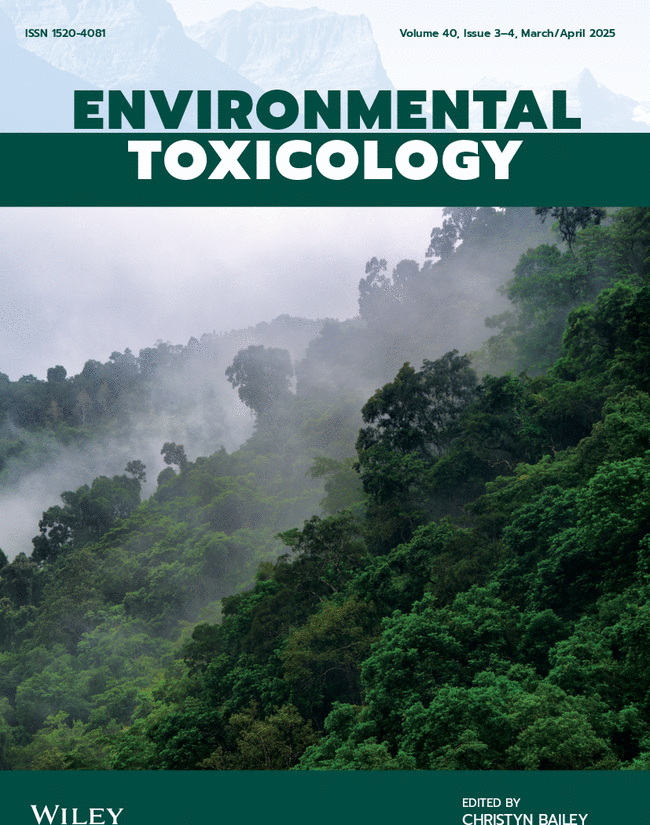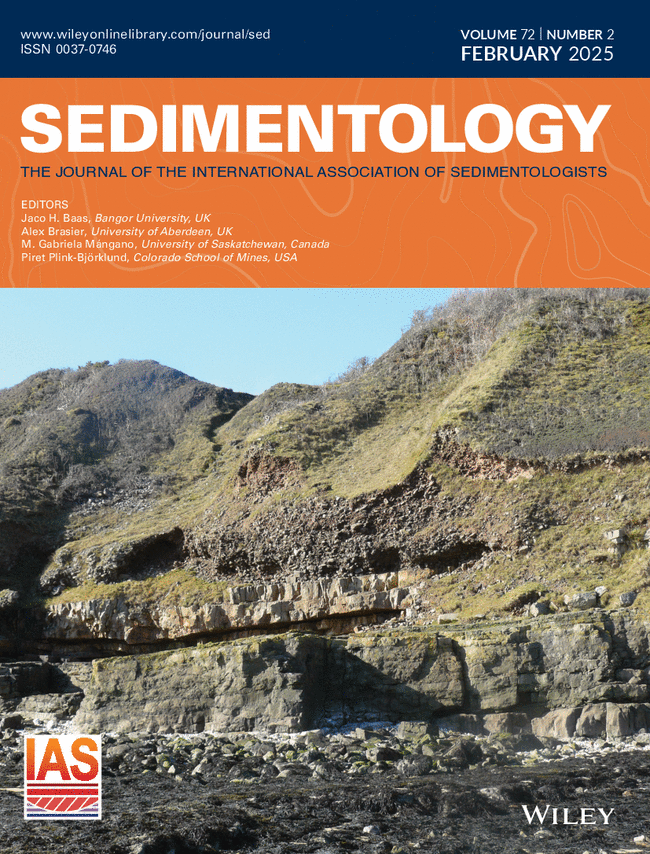
Dear RW readers, can you spare $25?
The week at Retraction Watch featured:
- Springer Nature retracted 2,923 papers last year
- When a sleuth gets hired by a publisher: A Q&A with Nick Wise
- Wiley journal retracts 26 papers for ‘compromised peer review.’
- Paper on conversion therapy retracted, authors planning to republish
Our list of retracted or withdrawn COVID-19 papers is up past 500. There are more than 55,000 retractions in The Retraction Watch Database — which is now part of Crossref. The Retraction Watch Hijacked Journal Checker now contains more than 300 titles. And have you seen our leaderboard of authors with the most retractions lately — or our list of top 10 most highly cited retracted papers? What about The Retraction Watch Mass Resignations List — or our list of nearly 100 papers with evidence they were written by ChatGPT?
Here’s what was happening elsewhere (some of these items may be paywalled, metered access, or require free registration to read):
Continue reading Weekend reads: ‘The Discipline of Last Resort’; universities with the most retractions; ‘patent mills’






